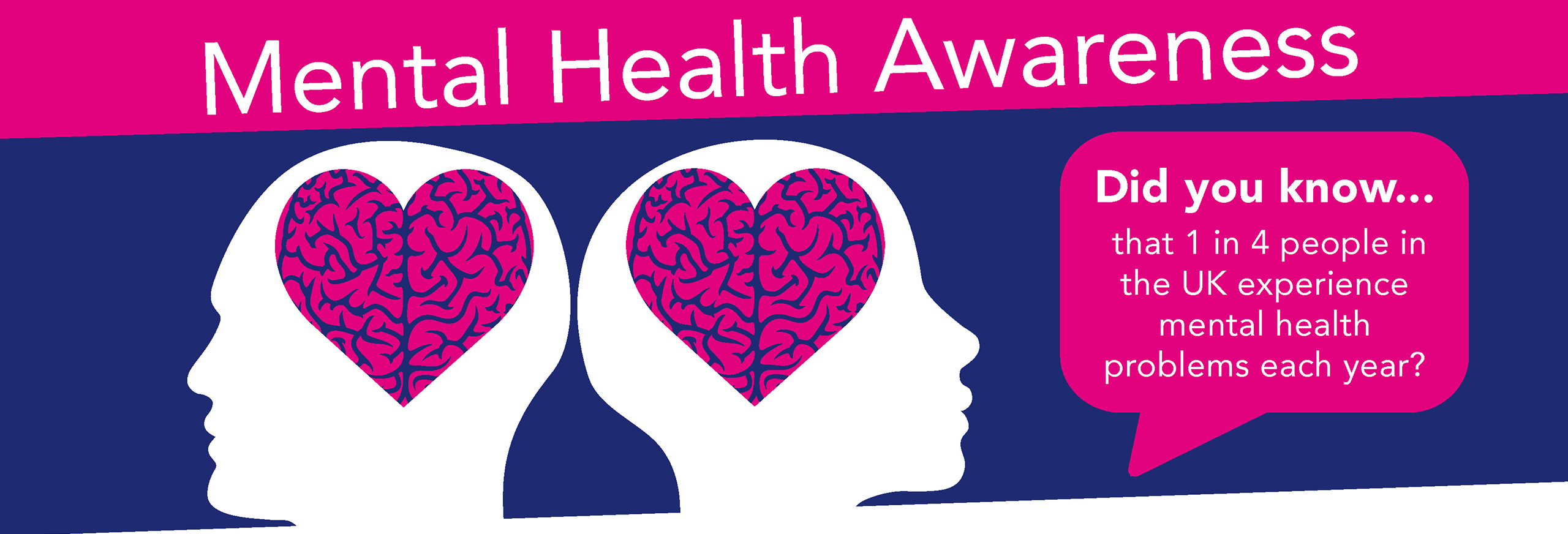Every working day in the UK sees two rail industry/construction workers take their own life, according to recent national statistics. Stress, anxiety and depression account for a fifth of all work-related illness. In the past week alone, one in six adults will experience a common mental health problem. In 2017-18 mental health problems accounted for 15.4 million sick leave days in the UK and around 300,000 people a year leave their career because of mental health problems. These figures are truly alarming – and should be a call to organisations of all kinds to put in place welfare measures for their people. At Hull Trains, the team is tackling this important issue head on…
This week, we talked to Debbie Birch, Head of HR and People Support, and Mark Shepherd, Head of Safety and Environment, about the company’s work in this important area.
Debbie explained: “There is still a stigma attached to mental health issues and those who do have a problem are often reluctant to admit it – even to themselves. Here at Hull Trains we have an ambitious vision to transform peoples understanding of mental health issues and the services available to improve mental health and well-being outcomes for all of our people. Our leadership team has put a greater emphasis on improving access to internal support services, tackling stigma and discrimination, as well as focusing on prevention to improve the overall mental health state of the people directly and indirectly for working for Hull Trains.
“Our health and well-being strategy is a cross-business response which seeks to address the causes of poor mental health, promote positive mental health and resilience, tackle stigma and discrimination - offering early help and engaging fully with those affected by mental ill-health issues.
“We depend on having a healthy and productive team. We know that when our people feel their work is meaningful and that they are valued and supported, they have higher levels of well-being, are more committed to the organisation’s goals and perform better. I joined Hull Trains [five] years ago and along with our leadership team and support from the front line have led a campaign for a mentally healthy workplace. Over the course of our work we have seen an evolution in how our leadership team views workplace well-being, with the focus shifting from the reactive management of sickness absence to a more proactive effort around employee engagement and preventative initiatives. This shift has given us the impetus to look at the mental health of our people from a different perspective – with an increasing acknowledgement that we need to do more to support the entire team.”
Mark continues: “Despite making great strides, we still have a long way to go. Mental health problems can affect anyone in any industry and yet all too often it is still a taboo subject. People still feel uncomfortable talking to an employer about their mental health. There is clearly still work to do when it comes to breaking down stigma and providing the type of open and supportive culture that enables staff to be honest with their manager, to access support and to enjoy a healthy working life. In seeking to move from rhetoric to reality employers must mainstream good mental health and make it a core business priority. A mentally healthy workplace and increased employee engagement are interdependent – by looking after employees’ mental well-being, staff morale and loyalty, innovation, productivity and profits will all rise.
“In order to create a healthy workplace, we are putting in place a comprehensive strategy to help our people stay well at work, to tackle the root causes of work-related mental health problems and to support people who are experiencing a mental health problems. Many of the measures are small and inexpensive. Regular catch-ups with managers, flexible working hours, promoting work/life balance, raising awareness of support services that are available and encouraging peer support are all things that can make a huge difference, whether or not they have a mental health problem.
“But above all, creating a culture where staff feel able to talk openly about mental health at work is the most important part.”
13-19 May 2019 is Mental Health Awareness Week. Hull Trains has launched an internal campaign to raise awareness about how its staff and customers can access support. Information posters will be placed around the company’s offices and on board its five trains in an attempt to raise awareness and provide support to anyone who might be feeling vulnerable for whatever reason.



 Great Value Train Travel
Great Value Train Travel









